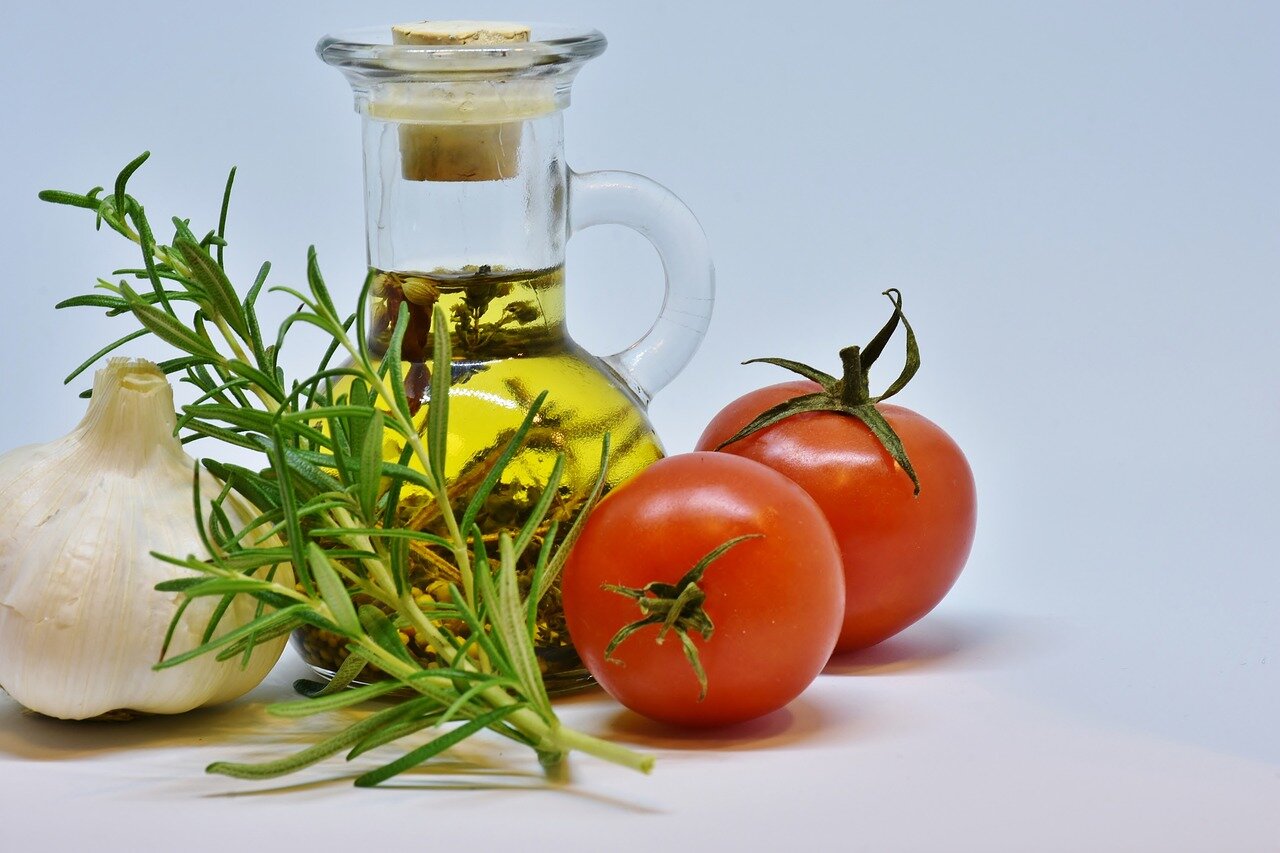From American Heart Association News
“The Hateful Eight” may sound like an old-time Western movie, but this showdown isn’t about cowboys, horses, or even guns. It’s a battle over the supposed dangers of eight seed oils – canola, corn, cottonseed, grapeseed, soybean, rice bran, sunflower and safflower – and it’s being played out on social media.
If you listen to some people on TikTok, YouTube or numerous podcasts, the oil extracted from these plants is poisonous. But is that really the case?
“It’s so strange that the internet demonizes these things like crazy,” said Dr. Christopher Gardner, a professor of medicine at Stanford University School of Medicine in California and a nutritionist at the Stanford Prevention Research Center. “They are nothing to be feared.”
The misleading allegation is that seed oils are high in omega-6 fatty acids, which break down into toxins when cooked, causing inflammation, weakening the immune system and contributing to chronic disease.
This argument is flawed in many ways, Gardner said.
First, even though seed oils contain high levels of omega-6 fatty acids, that’s not necessarily a bad thing. Omega-6 is a polyunsaturated fat that the body needs but can’t make on its own, so it must get it from food. Polyunsaturated fats help the body reduce bad cholesterol, thereby lowering the risk of heart disease and stroke. The American Heart Association supports the inclusion of omega-6 fatty acids as part of a healthy diet.
Omega-6 is unfairly demonized because it appears to play a smaller role in reducing cardiovascular risk than omega-3, another polyunsaturated fat also found in some vegetable oils and fish, Gardner said. The Western diet typically contains much more omega-6 fatty acids than omega-3 fatty acids, but research on the optimal balance between the two is still unclear.
That doesn’t mean omega-6 is bad for you, Gardner said. “Omega-3 is just better.”
And although omega-6 has an inflammatory effect, there is no evidence that the level of inflammation associated with it is harmful, he said.
Critics say people often don’t realize they’re consuming seed oils because many processed foods contain them. Gardner says the real problem should be the overconsumption of highly processed foods, which can contain harmful ingredients like high fructose corn syrup, added sugar and sodium.
The seed oils are not the problem in these foods, he said. “It’s hard to blame the seed oils when these foods contain so many other things.”
There is also negative publicity about the way seed oils are typically produced. Instead of simply pressing the seeds to extract the oil – like olives are pressed to make olive oil – the seeds are processed to extract their oil.
However, when people use seed oils in cooking or as a supplement to otherwise healthy meals – such as sautéing vegetables with sesame oil or lightly dressing a salad with sunflower oil – the benefits far outweigh any potential health risks, Gardner said.
“People cook with these oils, not drink them,” he said. “If you need fat for cooking or preparing food, you can use vegetable oils or butter or lard. All the data agrees that butter and lard are bad for our hearts. And studies show that replacing saturated fats with unsaturated fats reduces the risk of heart disease.”
While it may be preferable to cook with olive oil — a key component of the Mediterranean diet that studies have consistently linked to a lower risk of cardiovascular disease — it doesn’t add the right flavor to every dish, Gardner said. If he’s making a vegetable stir-fry, for example, he’d use toasted sesame oil.
“And if that means that because you did that, you’ll eat the vegetable stir-fry and salad and eat more of it because of the taste? Fantastic,” he said. “The seed oils won’t kill you. They’ll help you enjoy healthier foods.”




